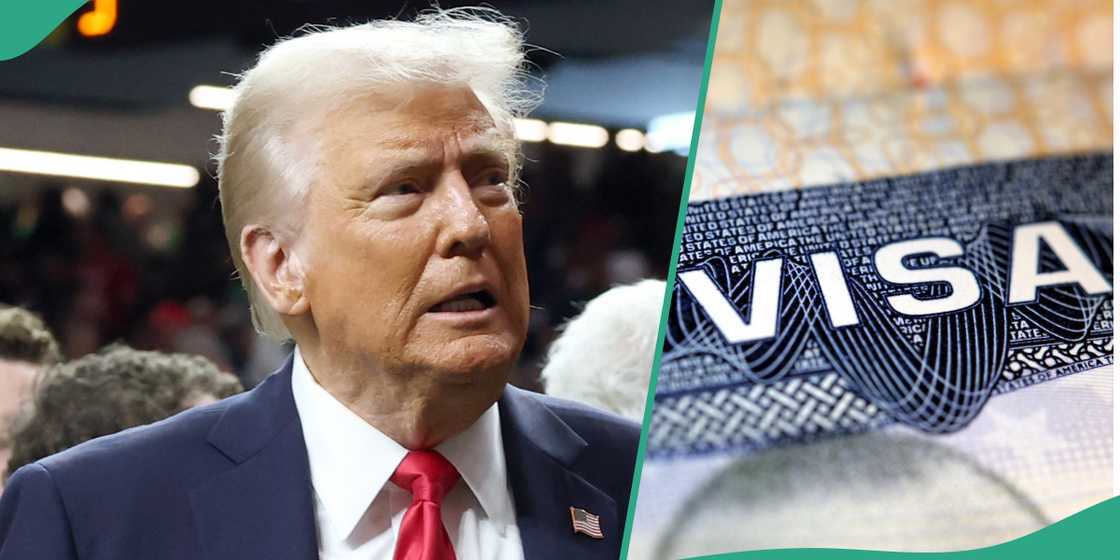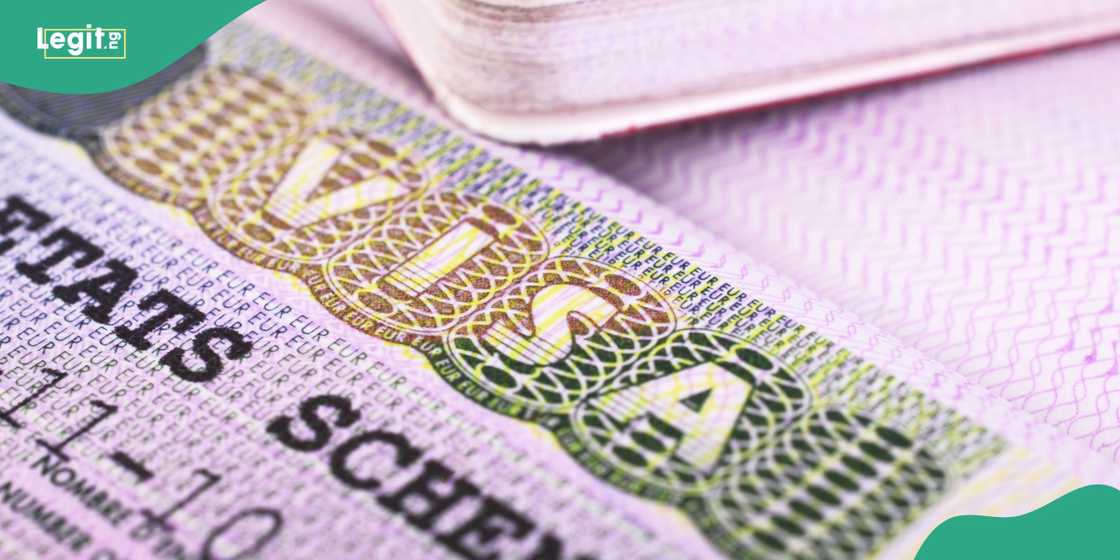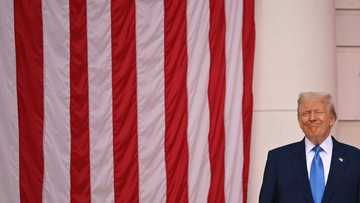US Announces Visa Restriction Policy to Block Entry of Fentanyl Traffickers and Enablers
- The United States has introduced a targeted visa restriction policy to combat the deadly influx of fentanyl and other illicit drugs
- Spearheaded by Secretary of State Marco Rubio, the measure aims to bar drug traffickers, their families, and close associates from entering the country
- The move showed Washington’s intensified response to an opioid crisis claiming hundreds of lives daily
US Secretary of State Marco Rubio on Thursday unveiled a new visa restriction policy aimed at blocking the entry of individuals connected to the illicit flow of fentanyl and other dangerous drugs into the country.
Rubio emphasised that the initiative is designed to disrupt and deter illegal drug networks.

Source: Getty Images
“Imposing visa restrictions on drug traffickers, their family members, and close personal and business associates will not only prevent them from entering the United States, but it will serve as a deterrent for continued illicit activities,” he stated in a release from the State Department.
The policy applies to family members and close associates of those sanctioned under Executive Order 14059, using existing sanctions and immigration measures to curb the influence of drug traffickers.
Policy responds to urgent overdose crisis
The visa restriction policy builds on longstanding efforts to hold accountable those involved in the production and distribution of controlled substances.
Rubio highlighted the devastating scale of the opioid crisis, noting that overdoses were the leading cause of death among Americans aged 18 to 44. In 2024, the United States recorded more than 220 overdose deaths per day, with over 40 per cent of Americans saying they knew someone who had died from an overdose.
Rubio added that the new visa policy seeks to address not only the traffickers but also those who enable the global flow of drugs such as fentanyl into the US.
Strengthened US stance on drug trafficking
The move underscores Washington’s broader efforts to protect citizens and reinforce border security.
By denying entry to traffickers and their associates, the US government hopes to reduce the supply of illicit drugs and discourage similar operations in future.
The policy signals a more aggressive approach in the country’s ongoing battle against the opioid epidemic.

Source: Getty Images
US visa history
The United States began requiring visas for foreign nationals during World War I, initially as a wartime measure in 1917.
This requirement was formalised under the Act of May 22, 1918, and later reinforced by the Immigration Act of 1924, which introduced quotas and stricter eligibility criteria for entry.
Since then, the US visa system has evolved into a complex framework, distinguishing between immigrant and nonimmigrant visas, and adapting to changing national security, economic, and humanitarian priorities.
Trump’s administration cancels visa of 10 students
Legit.ng earlier reported that the Department of Homeland Security (DHS) revoked the F-1 visas of 10 international students studying at Colorado universities, sparking concerns among affected individuals and institutions.
The University of Colorado reported that four students were impacted, while Colorado State University confirmed six cases.
Both universities expressed their commitment to supporting international students and urged those affected to seek assistance from their campus international student offices or their home country embassies.
Source: Legit.ng




